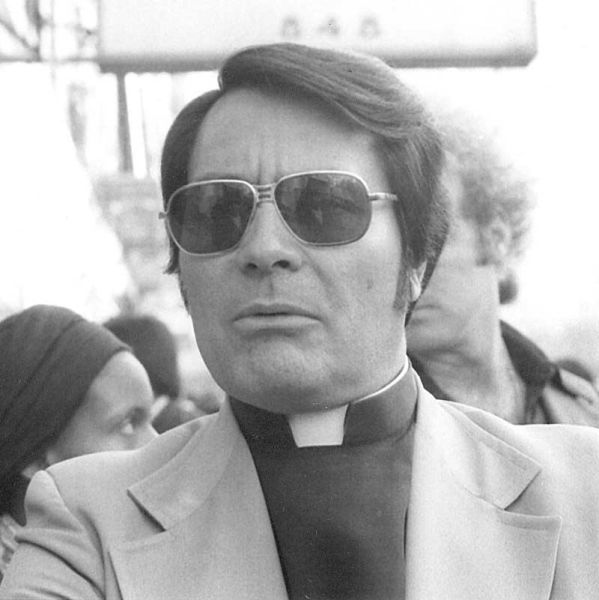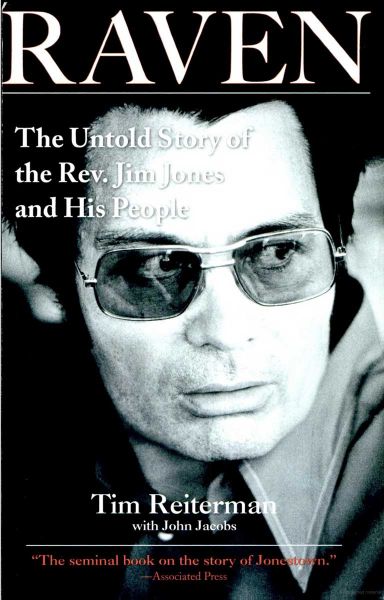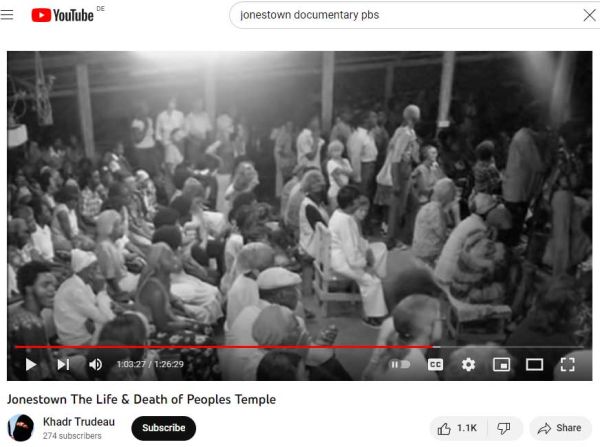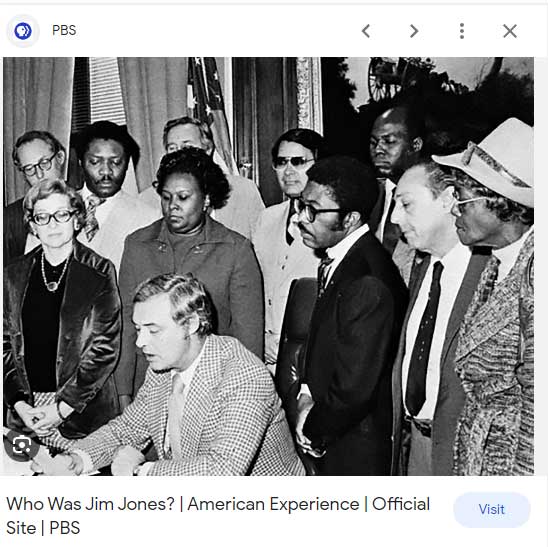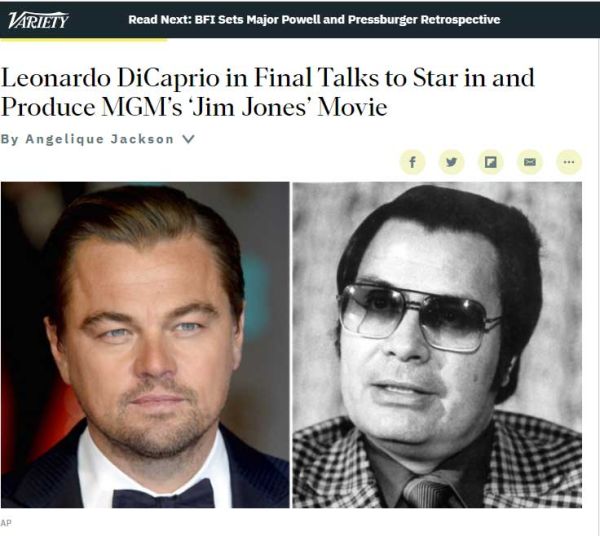Soaking up Temple Guilt
Soaking up Temple Guilt
The Reverend Jim Jones, pastor of the Peoples Temple and later demented leader of the Jonestown community, clearly had a few things wrong with him psychologically. When he entered a hospital for treatment of stress, chest pain, and insomnia, a consulting psychiatrist described him as "paranoid with delusions of grandeur."
Long before he fled to Jonestown, Jones had revealed enough about his character for his associates to raise questions, but they never did. Nevertheless, he fixes in my mind the character of a socialist administrator, inasmuch as he diminished the individual self-worth of his church-members, crushed their individual ego-strength through endless rants about selfishness, egotism, and greed, and thereby reinforced his members' subordinate status.
Even with his obvious psychological and megalomaniacal tendencies, he coaxed a thousand, socialist-leaning church members to follow him to his jungle-lair in far-away Guyana in South America, site-unseen. They accepted a uniformity of rule by a single power-structure, led by himself. After all, if you believe the ethos of socialism, that equality and sharing should dictate the nation's political orientation, then it leaves no room for independent actions, independent centers of power, or independent wealth. Whoever has what the government construes as "excess wealth" must share it with the community.
From Raven, by Tim Reiterman:
- page 222: Like Jim Cobb, Wayne Pietila had spent his adolescent years soaking up Temple guilt.
- page 226: Jones began working over his audience with guilt.
- page 287: Jones scorned her selfishness. Many (members) nodded in agreement. They had resented the special privileges extended to Grace Stoen.
- page 332: Le Flora (Townes) had followed Jones for almost seven years. . . . She badgered Harold to Join her, but he was always turned off by the fifteen or twenty members he met. . . . They always talked against the American system.
The environment of Peoples Temple reminds me of left-wing bloggers on Facebook. Peoples Temple operated with a mob psychology, always alert to suggestions of independent thought and action, pulling against the direction of the group. Defectors from Peoples Temple earned the special hatred of Temple members.
Not only did Jones coax a thousand church-members to follow him into the Jonestown Gulag, he also won over the hearts of San Francisco's liberal, left-wing elite. That should not surprise anyone, since the city-leaders shared Jones's preoccupation with egalitarian sharing. Even after defecting church-members outed Jones and revealed his aberrant tendencies, the city-leaders defended him.
He basically fled to South America to avoid possible prosecution. By radio-telephone from his jungle lair, he railed senselessly against his accusers, while his supporters in San Francisco cheered him on. Historians know about his rants because Jones left behind reels of audio-tape footage, including the infamous "Death Tape," where Jones exhorted his followers to commit suicide. He even sent his hooligans to help them do it.
Now that we will soon see another movie-release about Jones, I look forward to seeing how well Leonardo DiCaprio can inhabit the Jones character.

